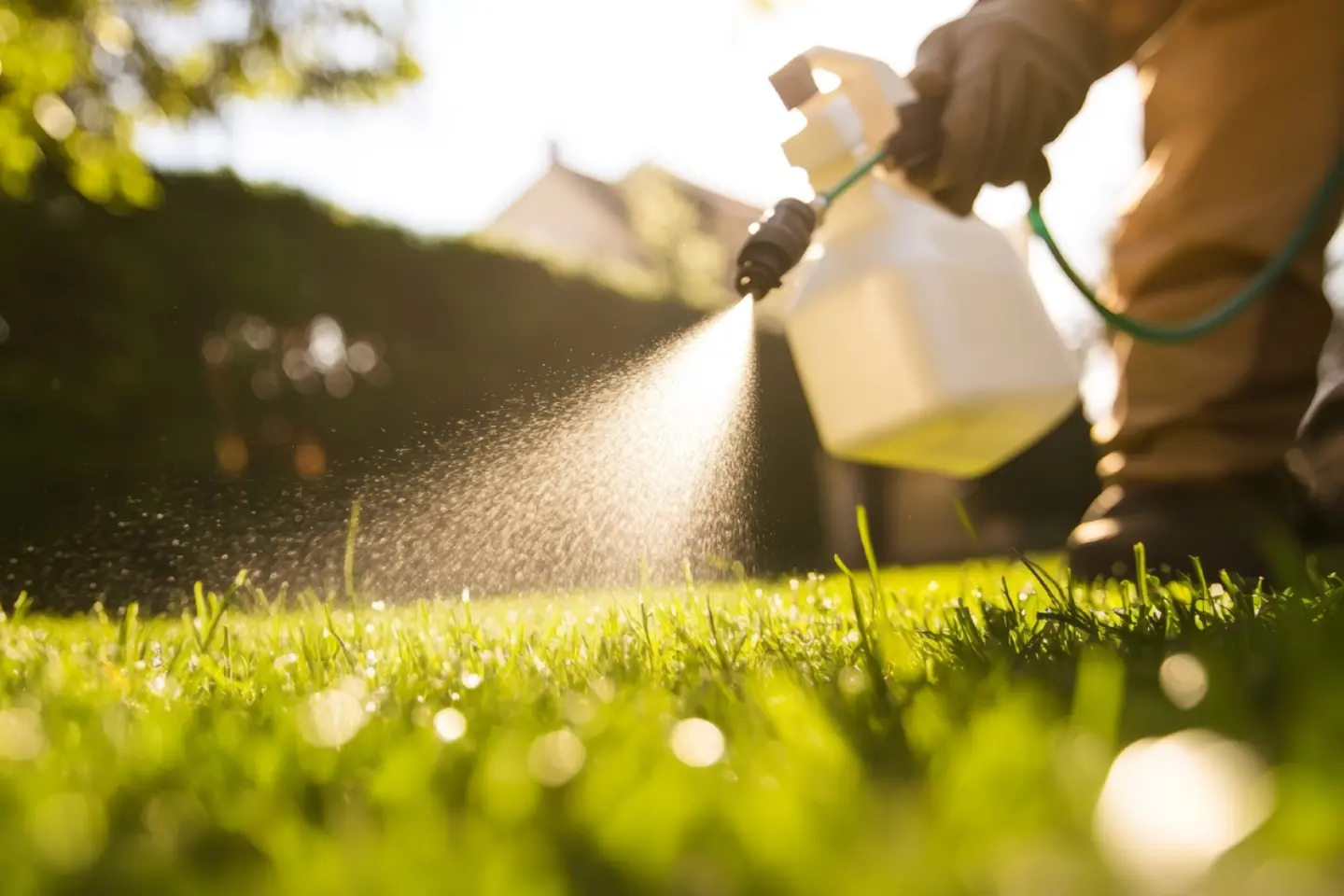In the quest for a greener garden, more and more horticultural enthusiasts are turning away from chemical pesticides in favour of organic methods that are kinder to both the environment and our health. The shift towards eco-friendly gardening practices is not only beneficent for the earth’s wellbeing but also for the wildlife that shares our outdoor spaces. In this embrace of nature’s intricate balance, organic pest control sprays have emerged as a cornerstone of the eco-conscious gardener's arsenal. The beauty of these solutions is that they can be concocted from simple ingredients often found in your kitchen or garden shed.

One of the most straightforward and effective sprays you can make involves the humble yet pungent garlic. Garlic spray serves as both a deterrent and a pest-eliminating agent. To create this mixture, finely chop or blend a whole bulb of garlic and mix it with two cups of water. For enhancing potency, let this concoction steep for up to 24 hours. Then, strain the mixture through a fine cloth and dilute it with a gallon of water. Add a spoonful of liquid soap to help the mixture cling to plant leaves, and you've got a powerful spray that is particularly good against aphids and other sap-suckers.
Another excellent option is a hot pepper spray, which harnesses the capsaicin found in chillies to ward off various pests. Blend half a cup of hot peppers with two cups of water, and again, if possible, leave this mix to infuse overnight. Strain it and add a few drops of natural dish soap before applying. Be cautious when handling and applying this mixture, since capsaicin can irritate the skin and eyes – it’s best to wear gloves and protective glasses.
For those dealing with the soft-bodied critters like slugs and snails that ravage leafy greens, a caffeine spray could be your saviour. Research has shown that caffeine is toxic to these pests. Make a weak coffee solution by adding one to two cups of brewed coffee to a quart of water and spray it onto the affected areas of your plants. Not only will it give these munching menaces a jolt, but coffee grounds can also enrich the soil as a bonus.
Neem oil, an extract from the neem tree, is a potent natural insecticide and the basis for many commercial organic pest control products. It’s effective against a range of garden pests and fungal diseases. To create your own spray, mix two teaspoons of neem oil and one teaspoon of mild liquid soap with a quart of water. Shake the mixture well and apply it to plant foliage. This spray is best used during cooler parts of the day to avoid leaf burn.
Perhaps one of the best allies a gardener has can be found right in the pantry – white vinegar. Fungal diseases rue its presence. Mixing three tablespoons of vinegar with a gallon of water creates a solution that can be spritzed onto plant leaves to combat the onset of mould or mildew. Take care not to apply this during the heat of the day or on young, tender plants as vinegar is quite acidic and can cause harm if misused.
In your fight against garden pests, don't overlook the efficacy of a simple soap spray. Mixing one and a half teaspoons of mild, environmentally friendly liquid soap with a quart of water gives you a general-purpose pest deterrent. It works by breaking down the outer layer of soft-bodied insects, such as aphids and mites, leading to dehydration. This is an especially gentle solution that can be used on most plants with caution.
The magic of these homemade concoctions lies not just in their effectiveness, but also in their adaptability. Depending on what’s available to you and the specific pests you’re battling, you can tweak and combine ingredients. Want a powerhouse all-purpose spray? Combine garlic, hot pepper, and a small amount of liquid soap into one potent blend.
As with all pest control methods, there's a measure of art to the science. It's crucial to remember that beneficial insects and pollinators also share your garden and play a vital role in the ecosystem. To protect these helpful creatures, apply your sprays in the early morning or late evening when these insects are less active. Spot-treat infested areas rather than engaging in blanket sprays. And always, test sprays on a small area first to ensure they cause no harm to the plant.
Garden enthusiasts now have a treasure trove of organic options to keep their Eden thriving and pest-free. Implementing these easy-to-make organic pest control sprays allows you to cultivate not just your flowers and produce but also your commitment to the environment. By taking this thoughtful approach to gardening, we create spaces that are sustainable, beautiful, and bountiful, without compromising on the health of our planet. So, don your gloves, ready your sprayers, and embrace the harmony of nature’s own solutions as you advance into organic guardianship of your cherished garden spaces.
